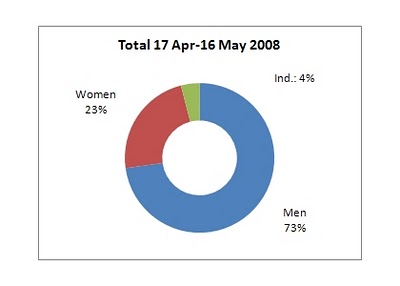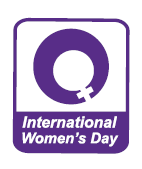Last Sunday, writer and author Zoe Margolis was shocked to discover that the headline on her own opinion piece about the portrayal of women in the media for the Independent on Sunday, wrongly described her as a prostitute.
The headline was changed for later editions of the paper. An online version of the headline has now been changed to ‘I’m a good-time girl who became an agony aunt’, with the same article. The original version remained live on the mobile site for some time, before being removed.
Margolis now intends to pursue legal action, her spokesperson confirmed to Journalism.co.uk.
“Zoe has never worked in the sex industry and has worked hard to establish her writing as something distinct to it.”
Margolis said: “I’m absolutely distraught by this damage to my reputation both professionally and personally. Unfortunately this situation just shows how much work still needs to be done to challenge the sexism of the media in their conflation of female sexual desire with the sex industry.”
Margolis, keeps a successful blog about her sex life, originally anonymously as Abby Lee, and then under her real name once she was exposed by the Sunday Times in 2006. Her second book was published this week.
Her spokesperson said that the incident had revealed an “undercurrent of sexism”. It illustrated the very point that Margolis was trying to make, she said: “that if you are a woman, writing about sex openly, it is very likely you will be labelled with negative terminology”.
“Zoe believes women are chastised or labelled for expressing their sexual desires and that this needs to be opposed.”
Twitter users following Margolis on Sunday were shocked by the headline, particularly ahead of a week used to mark women’s rights, International Women’s Day (IWD). Christchurch
“The eve of IWD & @girlonetrack is subject of vile SIndy h/lines for a positive piece on writing on sexuality & feminism,” tweeted @emmagillan.
The Independent on Sunday did not wish to comment at this stage.


